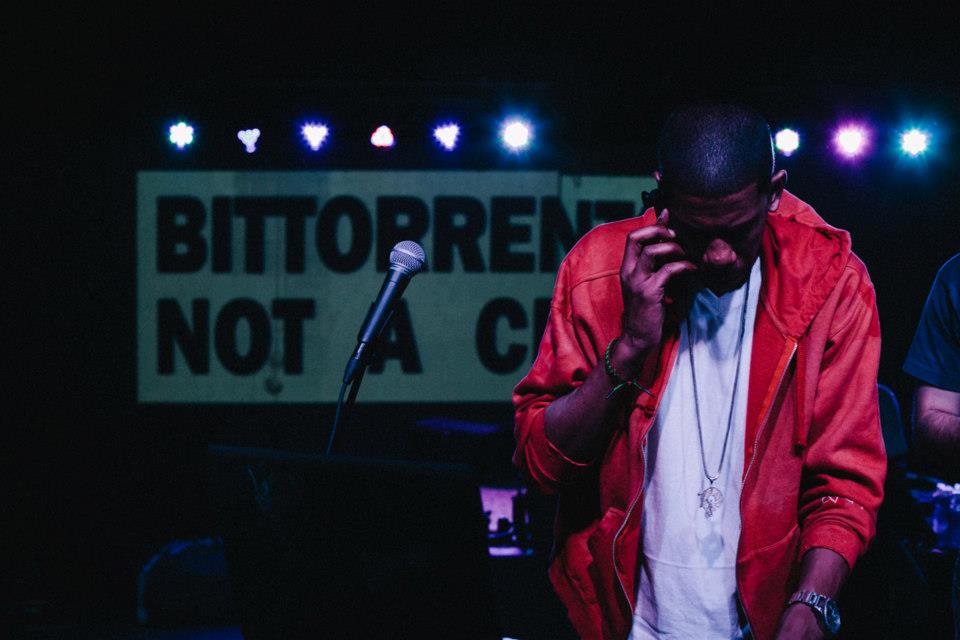The legendary sound engineer and The Sound of New York discusses creative engineering at BitTorrent.
Music is navigation. It tells us where we are. It reminds us where we’re from. It anchors us to a moment. And it propels us forward. Change is an audible thing. And if you’re listening – which is one of the benefits of our age, the Internet age, the age of everything on, always – you can hear it.
In this edition of Tech Talks: words with Young Guru, the legendary sound engineer and The Sound of New York. With over a decade spent in production, three Grammy nominations, and records with everyone from Drake to Jay Z, he changed the way hip hop is heard. In Tech Talks, Guru talks about creative engineering: where music is headed next.
Welcome to the Era of the Engineer.
Spend a year online, and you’ll be exposed to over 13 billion hours of music. This is the beautiful outcome of accessible recording and open broadcast. And it’s fundamentally changing the way artists work. Because it means that success is not just a factor of songcraft. It’s a result of codecraft. It’s a massive engineering challenge.
How do you design an album to be discovered? How do you onboard new fans? How do you lead them through a record? Songs were never built for plastic jewel cases. An artist is now the architect of an experience that spreads out and across the Internet. And an album is only as good as its UX.
Filters will define the way the next 50 and 500 years sound.
When we get to the real core of it: the way that we save journalism, the way that we save television, the way that we save film, and the way that we save music, all of our creative good (and goods) comes down to filters. Channels used to be filters. Labels used to be filters. Now humans are filters. Communities are filters. This is the lane: the creative job force, the creative economy, that will be built.
Young Guru
According to Guru, the future of sound won’t be defined by what we hear. It will be defined by how we come to hear. It will be defined by filters: the pathways, tunnels, and choices we make as listeners. The good news for us? For the first time in audio history, we get to choose those filters. They’re not labels, studios, or record stores. They’re communities, networks, and people. They’re us. For Guru, this is tomorrow’s creative economy: a people-owned, people-powered arts industry and workforce.



